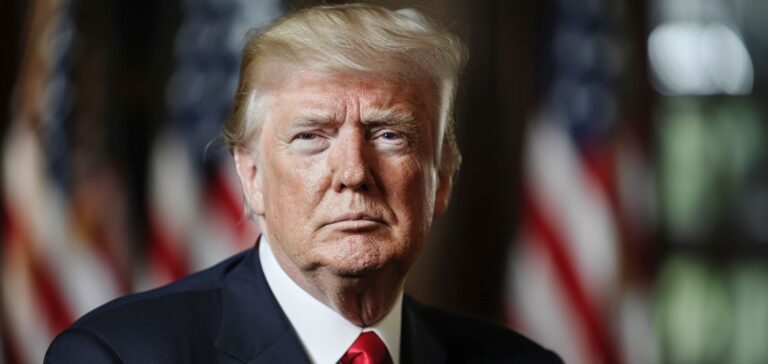Judge John McConnell Jr., of the United States District Court for the District of Rhode Island, recently issued an injunction requiring the executive branch to release funds initially approved for energy programs. The order targets credits authorized by Congress under the Inflation Reduction Act (IRA) and the Infrastructure Investment and Jobs Act (IIJA). According to legal documents, the Trump administration allegedly froze part of these subsidies, citing a provisional regulatory framework. Democratic representatives maintain that this suspension deprived several states of financing already validated.
Court orders and official reactions
Attorneys general from multiple states have turned to the courts to challenge the legality of the freeze imposed by the White House. Judge McConnell found that this measure contravened the principle of separation of powers by contradicting congressional authority over public spending. In his decision, he specified that all relevant government agencies, including the Office of Management and Budget (OMB), must promptly restore access to the frozen funds. The federal government’s legal services justified the freeze by pointing to the need to assess the budgetary impact of these laws.
The coalition of Democratic-led states contends that projects under the IRA and the IIJA remained on hold, thus delaying the allocation of essential subsidies to modernize energy infrastructure. Judge McConnell noted that any refusal to implement the injunction would breach the already existing temporary restraining order. Federal authorities contested the scope of this injunction, arguing that certain instructions came under separate executive directives. However, the court reiterated that the distribution of funds was mandated explicitly by Congress.
Budgetary issues and economic implications
Defenders of the executive branch assert that the White House is acting under a broad framework aimed at reorganizing energy priorities. According to sources close to the matter, this approach entails a thorough review of programs focusing on both energy efficiency and infrastructure. Dissenting attorneys general argue that such a freeze directly impedes the release of projected financing, affecting several regional projects already in advanced development phases. Many political leaders now question the exact reach of the court’s order and how federal agencies plan to comply.
The U.S. Department of Justice, representing the executive branch, claimed that the temporary freeze originated from an earlier directive, distinct from the one overturned by the judge. Nonetheless, the ruling specifies that any suspension of financial support based solely on executive action, without legislative approval, violates constitutional principles. Requests from various states to reopen access to federal subsidies have already been submitted to the Environmental Protection Agency (EPA), which administers certain aspects of the IRA. The immediate future of these funds depends on strict adherence to the injunction.






















